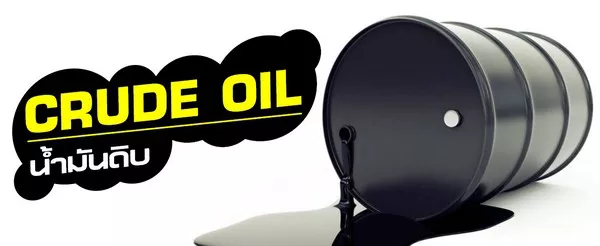Analysts predict that U.S. crude oil stocks will continue to decline and may end up below year-ago levels. Several factors, including record demand, supply cuts by producers, weaker futures, and rising storage costs, are contributing to the drawdown of crude stocks.
A tight crude market is anticipated to extend into 2024, putting upward pressure on global oil prices. Last week, U.S. inventories dropped by 10.6 million barrels, reaching their lowest level since December 2022.
Al Salazar, Senior Vice President at energy technology firm Enverus, commented, “We are already around 2022’s close, and I don’t think we are getting a build in the second half of the year. $100 a barrel (for Brent crude) is definitely within striking range.”
Brent crude futures were trading at $88.08 a barrel, while U.S. crude futures were trading at $85.16 per barrel.
The International Energy Agency (IEA) forecasted record-high world demand for oil this year, driven by strong air travel, power generation needs, and increased petrochemical activity in China. Demand could grow by 2.2 million barrels per day (bpd) to 102.2 million bpd.
The IEA also noted that oil supply would not match the rise in demand, with output expected to increase by 1.5 million bpd. Supply has fallen due to Saudi Arabia’s voluntary output cuts and is expected to outweigh increases in U.S. shale production as well as from Iran and Venezuela.
While U.S. oil production could average 12.8 million bpd in 2023, analysts are doubtful that shale gains can be sustained without a significant increase in drilling activity.
Near-term U.S. oil prices are higher than futures, further encouraging withdrawals from inventory. U.S. crude for October delivery recently traded approximately $6 higher than for delivery 12 months out.
Even when six-month futures briefly surpassed October prices in late July, U.S. stocks fell as central bankers raised interest rates, increasing the cost of buying and storing oil.
Analysts suggest that crude prices for future deliveries must trade at least 50 cents above October prices to make crude storage profitable. This is significantly higher than the estimated 10-20 cents when interest rates were around 1%.
Energy Aspects analysts noted, “We are likely moving to a new normal of lower inventory forward cover.”

